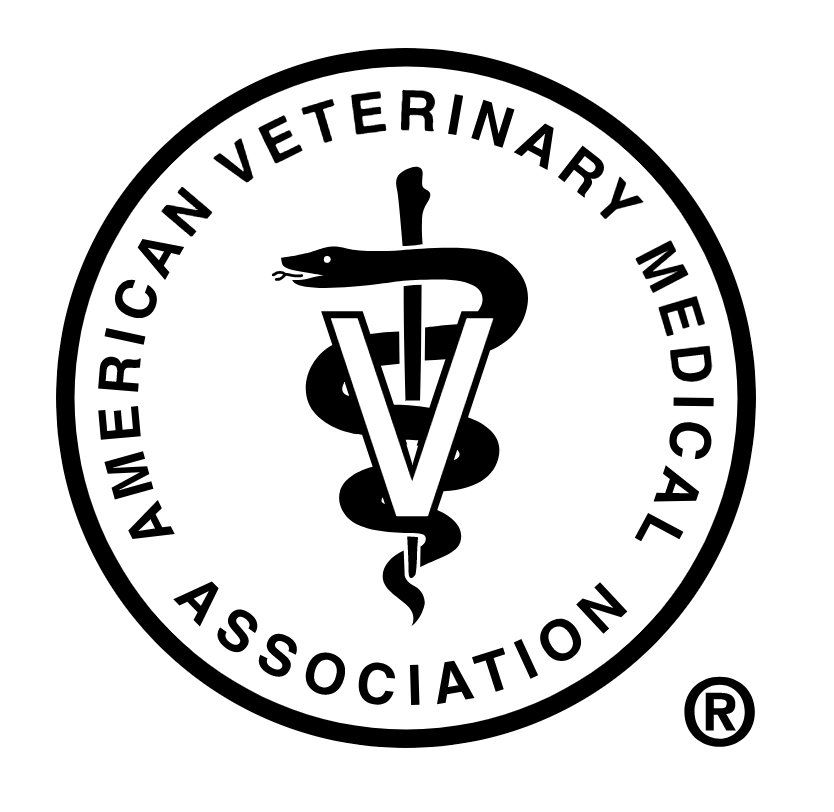Paws-itively Passionate About Pets!
Building A Better Future for Your Pet
Strickland Veterinary Clinic, in Tucson, AZ, provides complete veterinary services for every stage in your dog, cat, and ferret's life, from their first vaccinations to a lifetime of preventive care to keep them happy and healthy. Knowing that pets age faster than people, we recommend annual physical exams and vaccinations updated as needed. Call 520-881-4797 to set up an appointment today.
Vaccines Available for Less Common Diseases
Corona virus is an intestinal virus which usually causes a mild gastrointestinal illness. The Corona virus vaccine is often only given in young puppies, where even a mild gastrointestinal disease can be life threatening, especially if this virus infects a puppy already sick with another disease, such as parvo virus.
Lyme disease, spread by deer ticks, is caused by the bacteria Borrelia burgdorferi, which has rarely been reported in the state of Arizona. Dogs that are being moved out of state may benefit from the vaccine, which Strickland Veterinary Clinic can special order.
Dogs
Dogs should be examined by a veterinarian once a year to help them stay in tip-top shape.
Vaccinations for dogs are important part for improving their health and part of preventative medicine. All puppies should begin a series of vaccinations at six to eight weeks of age to protect puppies against distemper, parvovirus, and other serious canine diseases. Also, in order to obtain dog license owners must provide proof of rabies vaccination.
Spaying and Neutering Guidelines
All dogs not intended for breeding should be spayed or neutered to avoid unwanted litters and unwanted behaviors. Puppies should be spayed or neutered between four and six months of age; your veterinarian will recommend the right age for your puppy's surgery during one of its vaccination exams. Adult dogs can and should be spayed, but there are usually additional charges if the dog is in heat or over 6 years of age.
Heartworm
Heartworm was once non-existent in certain parts of the United States, including Tucson, but has now become a nation-wide problem. Strickland Veterinary Clinic recommends that all dogs in the Tucson area receive heartworm preventative. Heartworm larvae are transmitted from dog-to-dog by mosquitoes, and the larvae develop into adult worms within a dog's heart. Treatment during later stages of infection is potentially dangerous and is costly. Heartworm preventative chewables are a safe and simple way to protect your dogs.
Cats
Cats should be examined by a veterinarian once a year to help them stay healthy.
The best protection you can give any cat is vaccinations to prevent illnesses and help them live a long and healthy life. Core vaccines for cats include immunization against Panleukopenia (feline distemper), Rhinotracheitis, and Calicicvirus (feline upper respiratory viruses), and Rabies. Outdoor cats – or cats which eat mice – should have a stool sample checked for parasites annually.
Spaying and Neutering Guidelines
All cats not intended for breeding should be spayed or neutered. We recommend that all female kittens be spayed between 4 and 6 months of age, prior to her first heat cycle. Male kittens should be neutered around the same age to reduce the likelihood of inappropriate urination (spraying).
Keep A Look Out For:
- Inappropriate Urination
- Scratching on Furniture
- Ear Mites
Ferrets
Ferret owners should bring in their pets annually for examinations, including vaccinations. Rabies vaccinations are given at 4–6 months of age and repeated annually.
Nutrition is extremely important for the health of ferrets. Make sure the food you select is formulated for ferrets and not a multi-animal food.
Vaccination against canine distemper virus that is highly contagious and almost fatal should begin when the ferret is 6–8 weeks old, repeated at 3 to 4-week intervals and then annually.
We believe in client education and take our time to educate the pet owners on nutrition, diet, house training, dental care and more. Call us today at 520-881-4797.
Business Hours:
- Mon - Fri
- -
- Saturday
- -
- Sunday
- Closed










